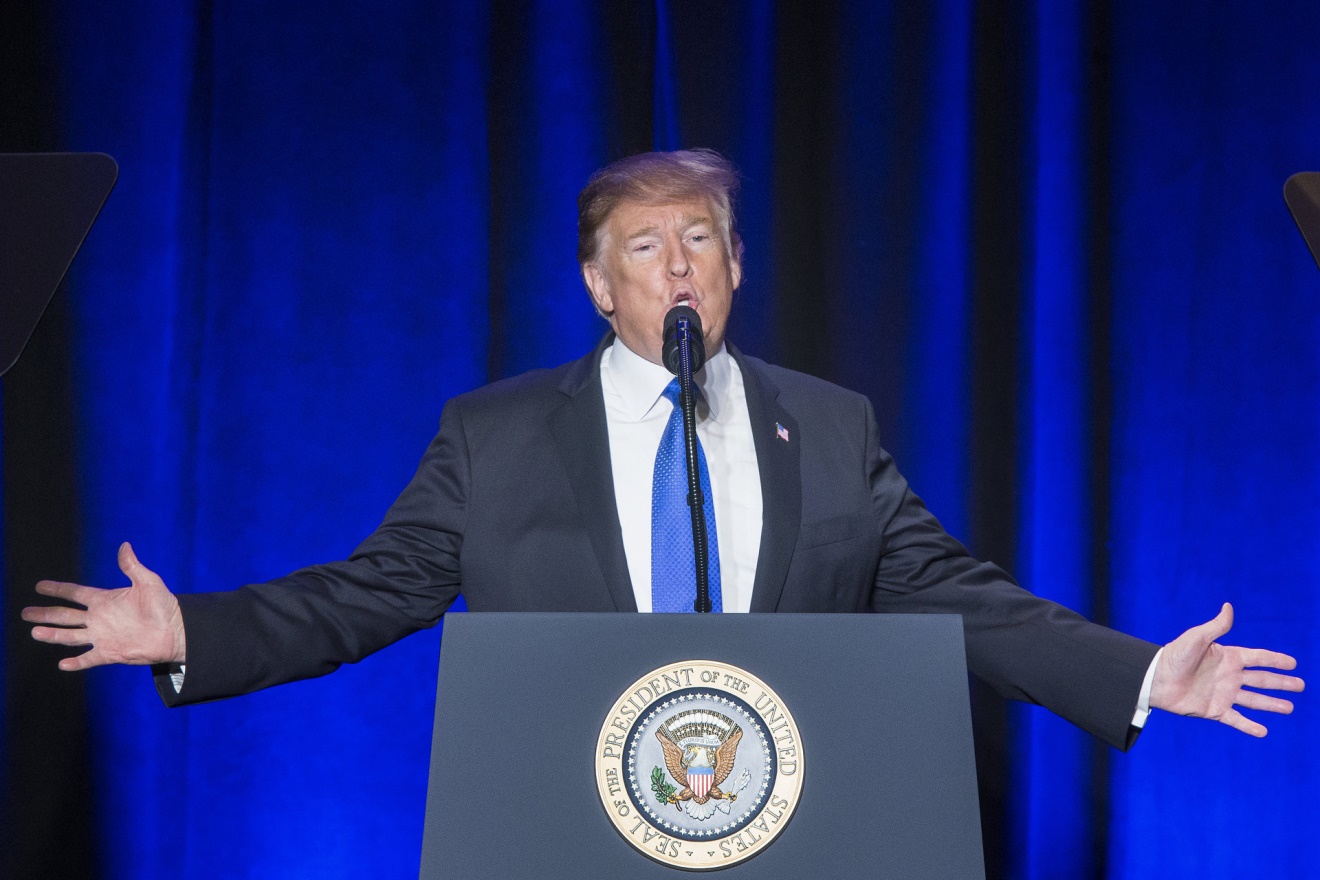
In the current turbulent global economic landscape, the eyes of economic leaders from various countries are all fixed on the US presidential election, especially the "2.0 era" that Trump may usher in, which is causing much distress and uncertainty for the economies of various countries.
From the reaction of the international financial market, this uncertainty has already manifested. As the US presidential election approaches, market sentiment has become sensitive and cautious. According to relevant reports, in a survey conducted from October 4th to 8th, many economists predicted that if Trump were to be re-elected, the US inflation rate, national deficit, and interest rates would all be higher than those of his opponent Harris. This expectation has made investors more cautious in their asset allocation and investment decisions, making the flow of funds difficult to predict. The fluctuations of the international financial market not only affect investors' returns but also pose a potential threat to the financial stability of various countries. For example, if Trump implements the trade policies he has advocated, it may lead to fluctuations in the exchange rate of the US dollar, thereby affecting the stability of the exchange rates of other countries and increasing the difficulty of managing their currencies.
In the area of trade, Trump's long-standing protectionist policies have caused turmoil in global trade during his first term. If he were to be re-elected, it is likely that he would further exacerbate the trend towards trade protectionism. He has threatened to impose tariffs of up to 20% on all countries, which would undoubtedly disrupt the existing global trade order. For many countries that rely heavily on exports, the United States is an important trading partner. High tariff policies will severely impact these countries' exports and shrink their trade surpluses, thereby inhibiting economic growth. For example, Europe, where trade between European countries and the United States is frequent, may face higher trade barriers for its export enterprises and see a decline in the competitiveness of its products if Trump's trade policies are implemented. At the same time, the European economy is facing numerous challenges, such as slowing inflation and economic weakness, and Trump's trade policies will make the European economy's situation even more difficult.
In Asia, China is one of the countries that is likely to be affected For economic leaders of various countries, they need to find ways to cope with the uncertainty. On the one hand, they need to strengthen the resilience of the domestic economy by promoting structural adjustment of the economy and enhancing innovation capabilities, thus reducing dependence on external markets; on the other hand, they need to strengthen international cooperation to jointly uphold the multilateral trading system and promote the recovery and development of the global economy. In today's world where global economy is closely interconnected, the economic policies of any one country may have an impact on other countries, therefore, countries need to strengthen communication and coordination to jointly address challenges.
The world is waiting for the results of the US presidential election, and the "2.0 era" of Trump has brought a lot of troubles to economic leaders of various countries. No matter who ultimately becomes the US President, the global economy will face new challenges and opportunities. Economic leaders of various countries need to remain vigilant and actively respond to maintain the stability and development of their own economies.

报告显示,中国电力投资加速增长,预计2024年电网基建投资将超过5300亿元。
近日,市场迎来了一则引人注目的消息:工业巨头3M公司(MMM.N)在本周五公布了其季度业绩报告,随后股价飙升至近两年来的
最近,外媒给OpenAI算了笔账,今年可能要血亏50亿美元。
近日,巴黎奥运会和世界铁人三项协会联合发布了一项重大决定,宣布因塞纳河水质污染问题,原定于近期进行的奥运会铁人三项首次下
当地时间7月18日,法国巴黎发生了一起令人震惊的持刀袭警事件。
近期,一则重大消息在国际舞台上引起轩然大波,马来西亚宣布加入金砖国家。
调查发现,互联网和智能手机的使用干扰了韩国近五分之一学生的生活。